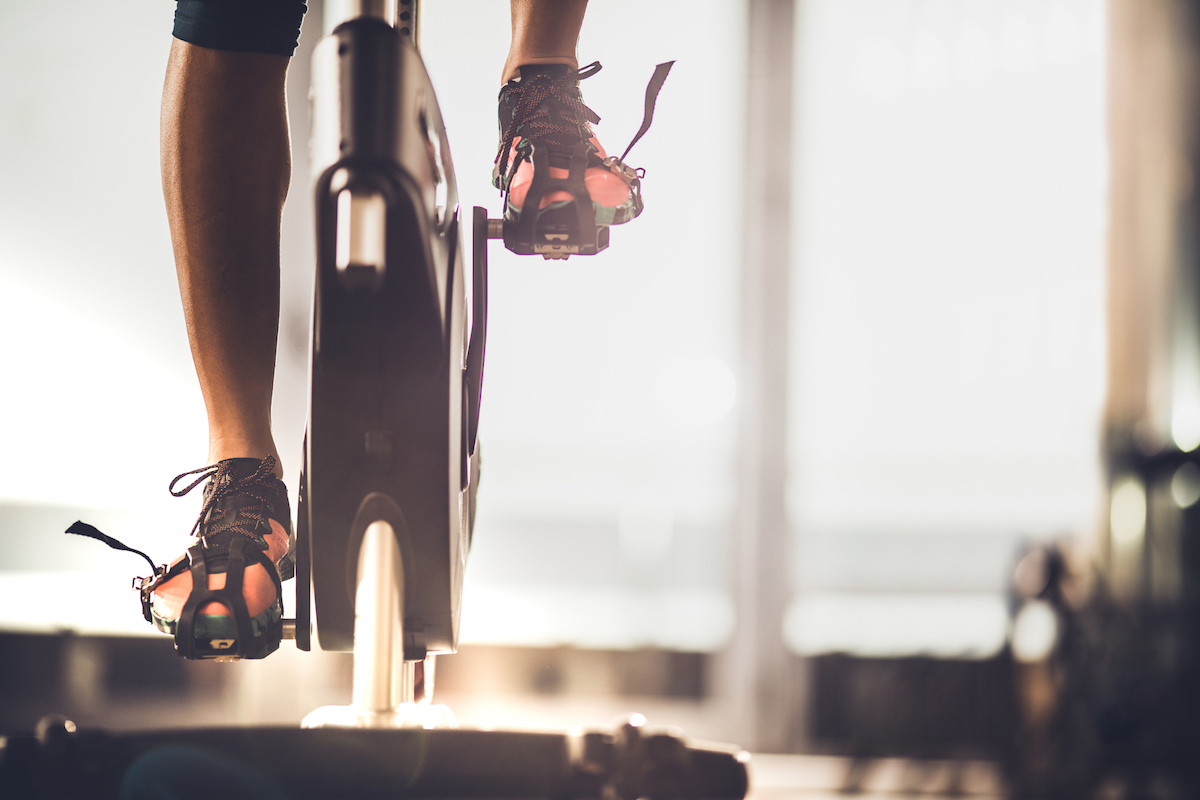<< Back
Don’t Be Carrie From ‘And Just Like That.’ Call 911.

December 17, 2021
Note: There are major spoilers below, so if you haven’t watched the first episode of “And Just Like That” on HBO Max then do not read this article.
The Internet went a little crazy after the premiere episode of “And Just Like That,” the sequel to the late 1990s-2000s television phenomenon “Sex and the City.” In its debut, the show kills off a major character (AGAIN, IF YOU HAVEN’T WATCHED IT YET STOP READING RIGHT NOW) when Mr. Big dies of a heart attack after a vigorous Peloton cycling workout.
Among the Twitter debates and blog posts was the question, Why didn’t Carrie call 911 when she found her husband semi-conscious on the bathroom floor? And if she had, could she have saved him?
We turned to Dr. Stephanie J. Saucier, a cardiologist and director of the Women’s Heart Wellness Program with the Hartford HealthCare Heart & Vascular Institute at Hartford Hospital.
Q: There are two issues to address here: Big’s physical condition and his heart attack, and then Carrie’s actions when she finds him on the bathroom floor. For background, he’s in his late 50s. He has a history of heart problems (he had angioplasty in Season 6 of the first show, and they make reference to his nitroglycerin pills in this episode).
He’s been doing Peloton during COVID lockdown. Immediately after what was clearly a strenuous workout, he has arm pain. What does all that mean to you, and what should he have done?
A: A few things about Mr. Big’s history and the presentation are interesting here. Yes, he has a history of a heart attack from years prior. This puts him at increased risk of possible future cardiac complications, progression of his coronary artery disease, etc. He also continues to smoke cigars, and smoking is a well-known risk factor for heart disease and coronary artery disease progression.
His arm pain following a strenuous workout is a sign of angina. Angina is chest pain that occurs when the muscle of the heart needs more oxygen and because of blockages in one or more arteries of the heart the muscle is unable to receive all of the oxygen it requires. Typical or classic chest pain can be left-sided, and may radiate to the left arm, neck or jaw. It can also be associated with shortness of breath, and other symptoms depending on the person.
During exercise, if he was experiencing decreased exercise tolerance or was feeling chest pain/arm pain or shortness of breath that was unusual for the amount of exertion, he should have stopped, called 911, taken four baby aspirin or 324 milligrams of aspirin, and possibly taken one of his nitroglycerin tablets. Nitroglycerin is used to dilate the arteries of the heart and improve angina symptoms.
Q: Carrie walks in and finds her husband on the floor, in obvious distress. But he’s alive, and semi-conscious because he raises his head and looks at her. She goes to him and hugs and kisses him. What should her immediate actions have been?
A: Carrie’s immediate action should have been to call 911. The operator would have been able to walk her through what her next steps should be. Big was still awake with a pulse when she got home, and that means there was still time to get him the help he needed to potentially survive his heart attack. When he lost his pulse, she should have started CPR. CPR by bystanders can double and even triple the chance of survival in patients with out-of-hospital cardiac arrest. CPR should be taught to all, both young and old. Knowing how to call 911 and start CPR saves lives.
Q: If you have a history of cardiac disease, what should your exercise/diet look like?
A: If you have a history of cardiac disease you should review your exercise routine with your doctor. Most patients who have a history of heart attack should complete cardiac rehabilitation. This is a supervised exercise program with exercise physiologists and nurses. Many patients are able to return to exercises they did prior to their heart attack depending on what type of cardiac condition they have and what damage has been done to the heart.
Peloton is a great source of exercise classes for all levels. Staying active is important for heart health. It is important for people to listen to their bodies when exercising and if they notice something is off, or they don’t feel good then they should stop and talk with their doctor. A heart healthy diet is important. This should be in conjunction with taking medications, having control over blood pressure, cholesterol, weight and importantly not smoking.
Q: What’s the best way to be prepared in case of emergency, cardiac or otherwise?
A: The best way to be prepared in case of an emergency is to remember to call 911. In addition to that, taking a CPR class can save someone’s life. You are never too young or too old to learn CPR and how to use an AED (automated external defibrillator). The American Heart Association has classes for anyone willing to learn.